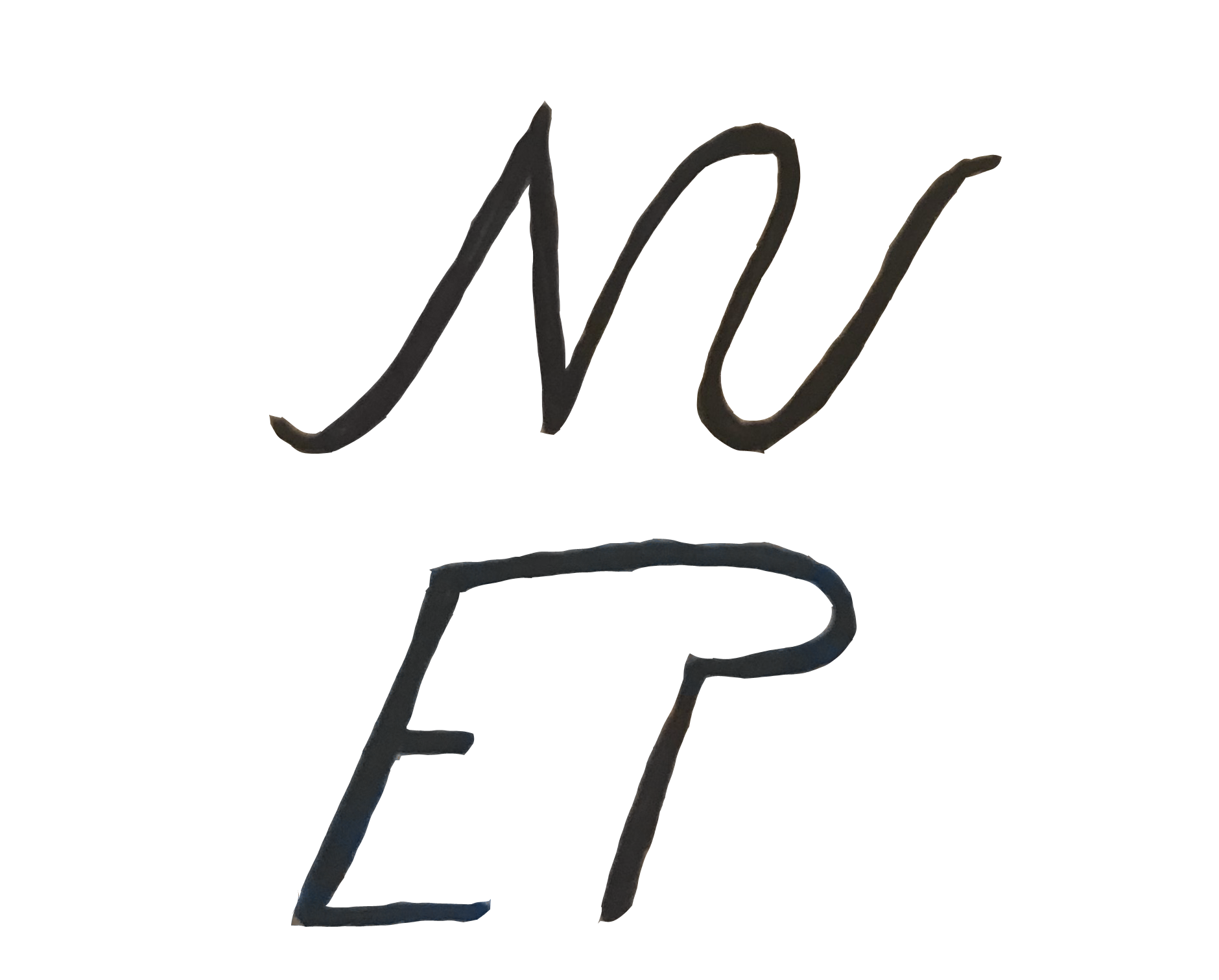Why Insect loss is so devastating and what you can do about it
Naturgeschichte, Klassification und Nomenclatur der Insekten vom Bienen, Wespen und Ameisengeschlecht.
Frankfurt am Mai in der Hermannischen Buchhandlung, 1791
Insects are often seen as a nuisance or danger. Just think of the mosquito. Surprisingly, less than 0.5% of the numbers of insect species identified are a pest that actually inflicts damage to humans, animals or crops. [1]They’re crucial components of most ecosystems. Within the food web they are food for birds, amphibians, reptiles and mammals but also decompose plant material and dead animals. As decomposers they are vital for soil health through for example playing part in creating the nutrient rich top layer. The UN has warned that the world’s soils face depletion; making soil health a pressing issue and calling for a change in usual soil management.[2]
As pollinators, bees, flies, wasps, butterflies and even ants play a vital role in the reproduction of flowering plants. In total, 264 crops that humans rely on are dependent or at least partially dependent on pollination. Bees and other pollinators are essential for the production of fruits and many vegetables. Around 70% of the world’s most produced crop species rely to some extent on insect pollination.[3]
Recently published studies emphasising insect decline over the past years are alarming. A study undertaken by an entomological society from 1989 to 2016 noticed a decline of more than 75% in insect biomass across 63 nature areas in Germany. Since the study there have been hearings about protecting insect biodiversity in the European Parliament. Many other studies show similar alarming results. [4]
Ecosystems consist of biological communities of interacting organisms, they’re understood theoretically but how species losses impact the immensely complex network of interactions within such a system is difficult to predict. Why insects are dying off is unclear, it is probably a combination of habitat loss and the effects of climate change and pollution.
Because of the speed at which species are lost and ecosystems are suffering, there is talk of a Sixth Mass Extinction. Human’s impact on the Earth’s geology and ecosystems has lead many scientists to referring to our recent geologic time period as the Anthropocene (anthropo- meaning human, -cene meaning epoch in geologic time). [5] We are responsible for the drastic climate change on this planet and for the death of many animals whose habitats we’re gradually destroying.
It’s a daunting and overwhelming subject but there are some things you can do as an individual.
If you have a garden you can provide a variety of plants rich in pollen and nectar. On the Royal Horticulture Society website you can find lists of plants beneficial for pollinators in the UK. Even if you aren’t so keen on gardening, just spreading a few seeds of wildflowers native to your country can go a far way. Avoid pesticides and herbicides at all costs; you do not need them, especially not in a home garden environment. Build a bug hotel and leave some dead wood around to provide insect homes.
Join a society in your country or region. You’ll often get monthly updates if subscribed to newsletters or journals. Even if you aren’t an active member your support alone goes a far way. If you have the chance however, going to meetings and talking to other members is very rewarding. You might want to learn identify insect species and help record them on field trips, it is great fun and incredibly important as a citizen science.
Some societies in the UK:
Amateur Entomologists’ Society
British Entomological & Natural History Society
Read books and stay informed. New studies are being published constantly; it is relatively easy to read the latest articles on insect biodiversity every now and then.
A few interesting books include:
J.E. Voet. M Doct. Catalogus systematicus coleopterorum. À la Haye :Chez G. Bakhusen,[1804]-1806.
- Pollinator Friendly Gardening: Gardening for Bees, Butterflies, and Other Pollinators by Rhonda Fleming Hayes
- The Country Diary Book of Creating a Butterfly Garden by E.J.M. Warren
- The Natural History of Pollination(Collins New Naturalist Library) by Michael Proctor
- The Complete British Butterflies in Colour by L. Hugh Newman
- The Wildlife Gardener by Kate Bradbury
- Buzz: The Nature and Necessity of Bees by Thor Hanson
- A Sting in the Tale by Dave Goulson
- A Buzz in the Meadow by Dave Goulson
- The Secret Life of Flies by Erica McAlister
Make small lifestyle changes for the environment. Pollution and climate change directly affect all living beings on earth. Living as environmentally friendly as possible within your budget and life is important. Make small changes bit by bit. Use an eco cup for take out coffee, take your own lunch in a lunch box, get a bamboo toothbrush and dish brush, get a shampoo bar, ride a bike, reduce your car use, buy second hand, buy local, eat vegan meals. There are so many things you can choose to do that aren’t a lot of effort and make a difference to the earth.
Spread the word by talking to friends and family. Gift somebody some wildflower seeds or get together for a bug hotel DIY evening!
Werden und vergehen. Berlin :Gebrüder Borntraeger,1886.



![J.E. Voet. M Doct. Catalogus systematicus coleopterorum. À la Haye :Chez G. Bakhusen,[1804]-1806.](https://images.squarespace-cdn.com/content/v1/56042722e4b016c65bcc7b3b/1546274623852-UMV1IYIAJURN0I1B4UYC/35972511240_ef8119775e_o.jpg)
